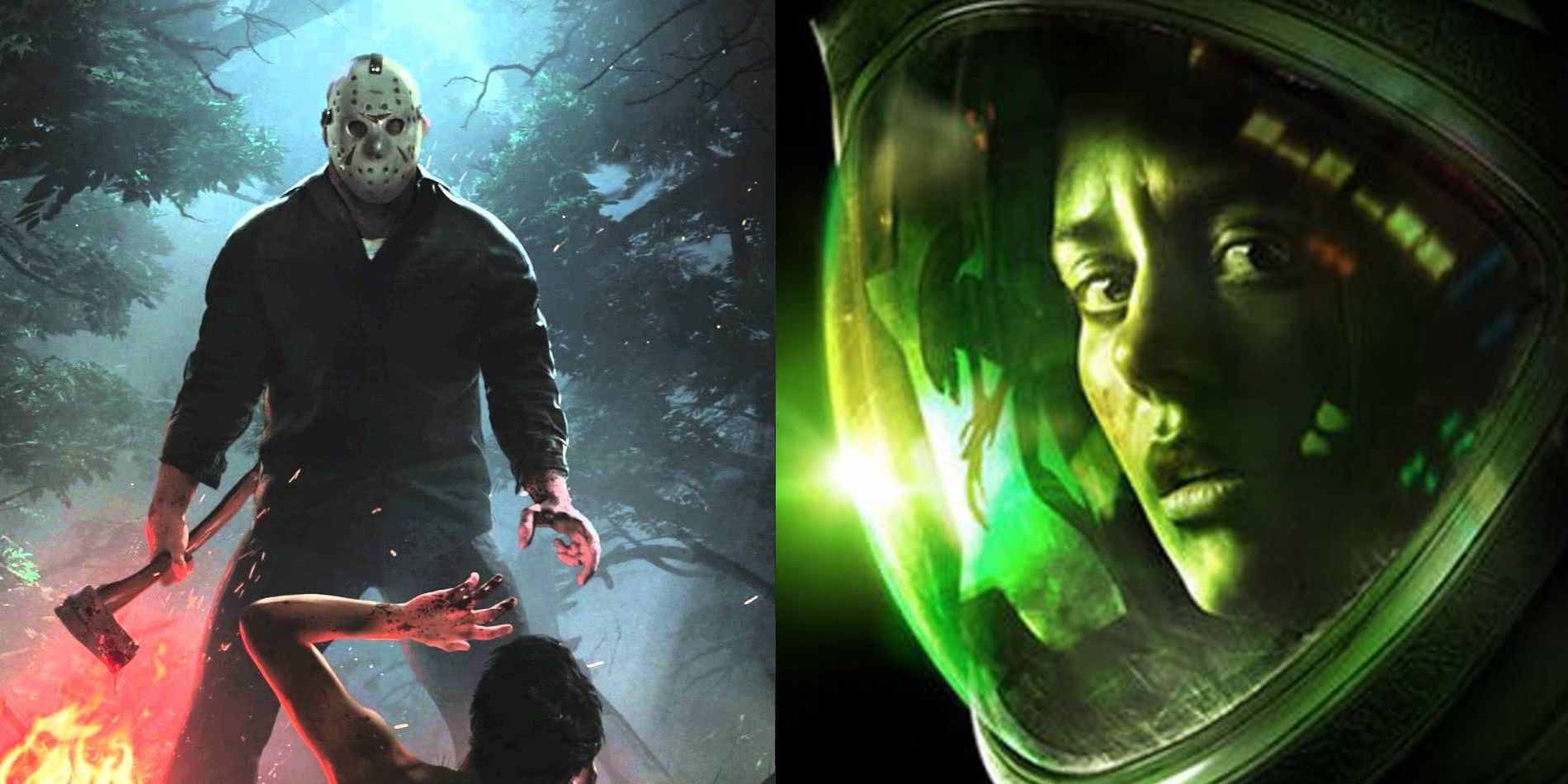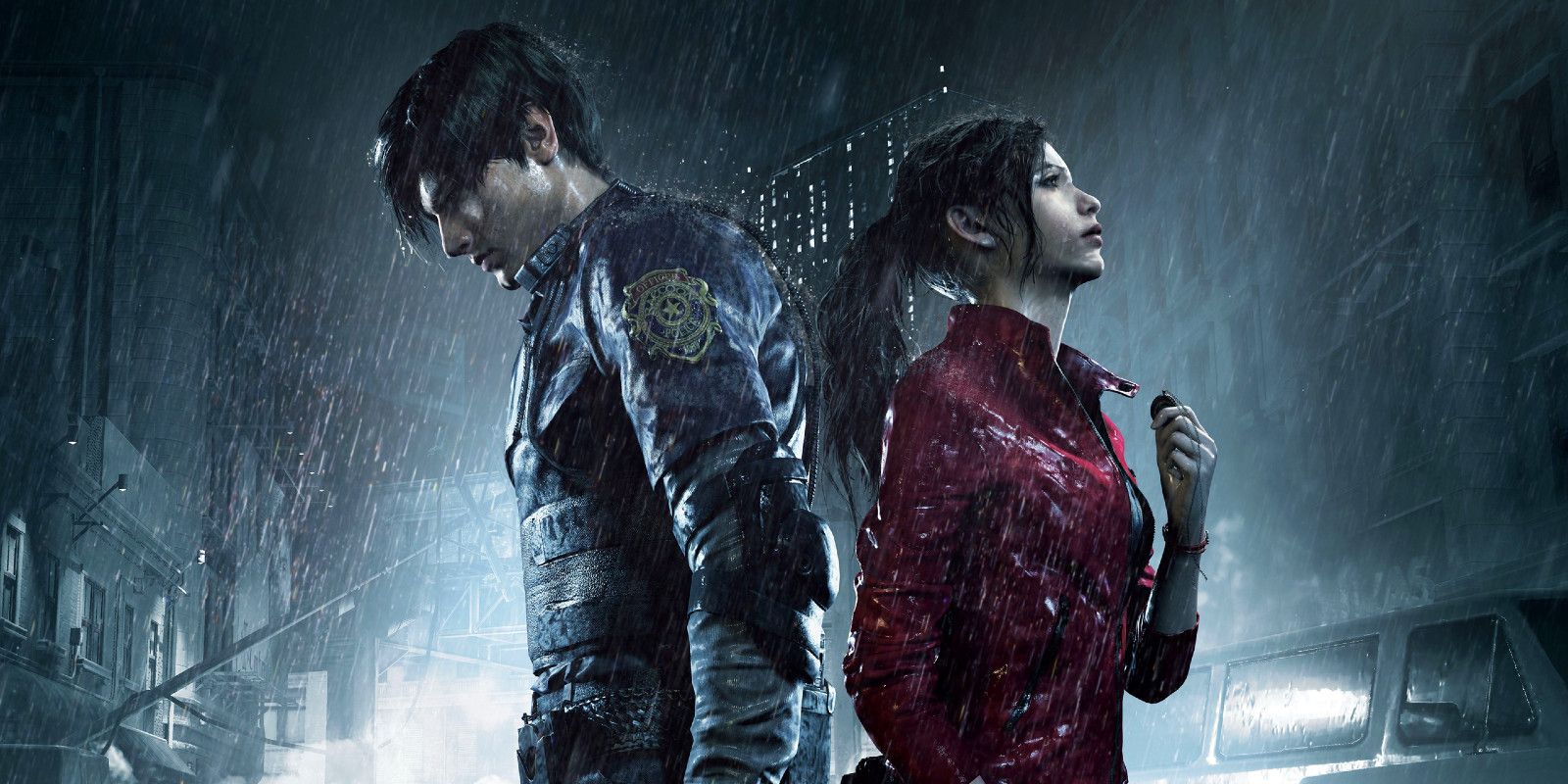Good horror movies attempt to reach through the barrier of the screen in their efforts to terrorize the viewing audience, making them a perfect fit for video games. The pair have been a match made for some time now, with licensed video games of slasher icons being made a dime-a-dozen back in the early 80s to the mid 90s. Every horror franchise worth its salt had a mediocre video game adaptation, whether it be Friday the 13th on the original Nintendo Entertainment System, or The Texas Chainsaw Massacre and Halloween on the Atari 2600.
At the same time, early innovations in the genre were growing beyond licensed adaptations. Back when home PC's were becoming more available in the 1980s, video game designers were exploring what could be done with things like atmosphere and limited resources in gameplay. These elements popped up in games such as 1981's Nostromo, an Alien-inspired video game in which players must escape an invisible creature on a spaceship, as well as 1989's Sweet Home, a puzzle-based RPG that combined ruthless supernatural enemies with a disturbing narrative to create a scary and ominous atmosphere. Games like these, among many others, helped to lay the groundwork for what would become the "survival horror" genre, which rose in popularity with the release of later games such as the original Resident Evil and Silent Hill.
Even in the early stages of of development for the genre, video games and horror movies always seemed fated to collide. That collision works and continues to work for a lot of reasons, most notably the malleability of video game mechanics and the tension of interactivity.
As stated above, lots of early video games that dabbled in horror were based on licensed properties such as slasher movies of the time. This is a trend that has continued well into this day, and while video games rarely get good film adaptations, horror movies sometimes hit the jackpot and get great video game adaptations. Recent examples of this include Alien: Isolation, IllFonic's Friday the 13th, and Dead by Daylight, which gives the player the option to play as one of several original and licensed horror movie slashers.
What sets these games apart and truly capitalizes on their film connections is the variety of the mechanics. Successful video games have satisfying mechanics that make players feel in control and capable of overcoming difficult situations, but horror games seek to do the exact opposite of that. Good ones rob players of their sense of control, and games based on films build mechanics that seek to replicate the atmosphere of the film they're emulating. A feature like the motion tracker in Alien: Isolation immediately conjures up images of Ripley evading the Xenomorph on-screen, while the ability to hotwire cars as a desperate teenager in Friday the 13th exemplifies the anxiety and panic audiences feel watching the movies.
The usage of mechanics is simply one facet of a larger connective tissue, one that makes video games a natural companion for horror. With films, audiences watch movies in the hopes of connecting to the characters within, so that viewers can live vicariously through the protagonist. In romance films, the filmmakers seek to make the viewer emotionally invested through the use of actors' chemistry and music choice. Similarly, horror filmmakers try and scare the audience by using shocking and horrifying imagery and atmospheric music. However, there's always a safety net for audiences to fall back on, which is the physical barrier of the screen which separates viewers from the action.
Horror video games remove that screen. When playing a video game, the player is no longer a passive viewer of the experience, but instead an active participant. This makes horror games feel much more engaging, and it also makes the stakes higher. Players aren't hoping to connect with the character; they are the character, and any experiences that happen to the protagonist are felt and witnessed by the player, giving them a sense of responsibility over the game's outcome. Video games have quickly become a respected art form because of the way that they experiment with interactivity, and it's precisely this that makes video games and horror movies a perfect match.


